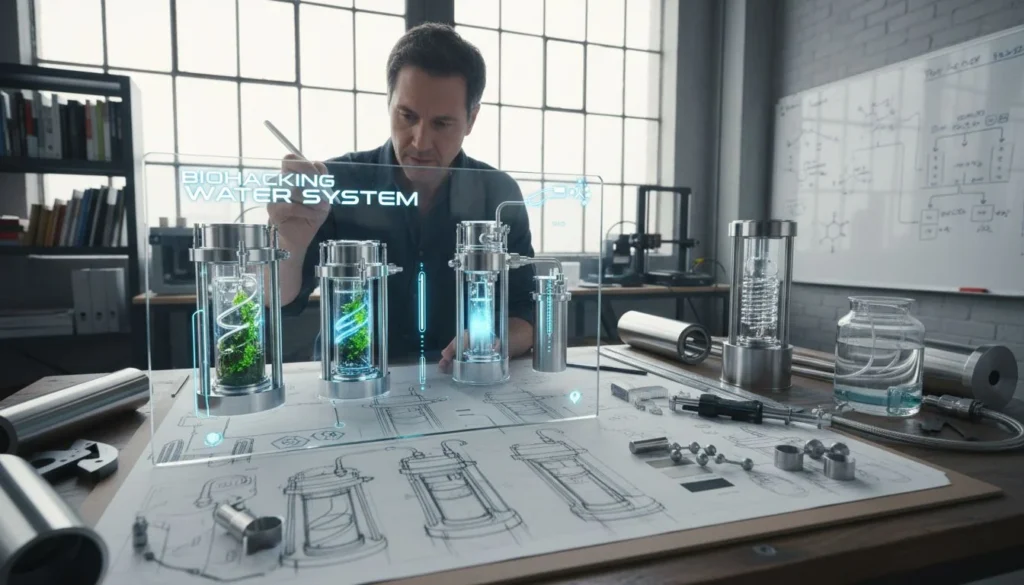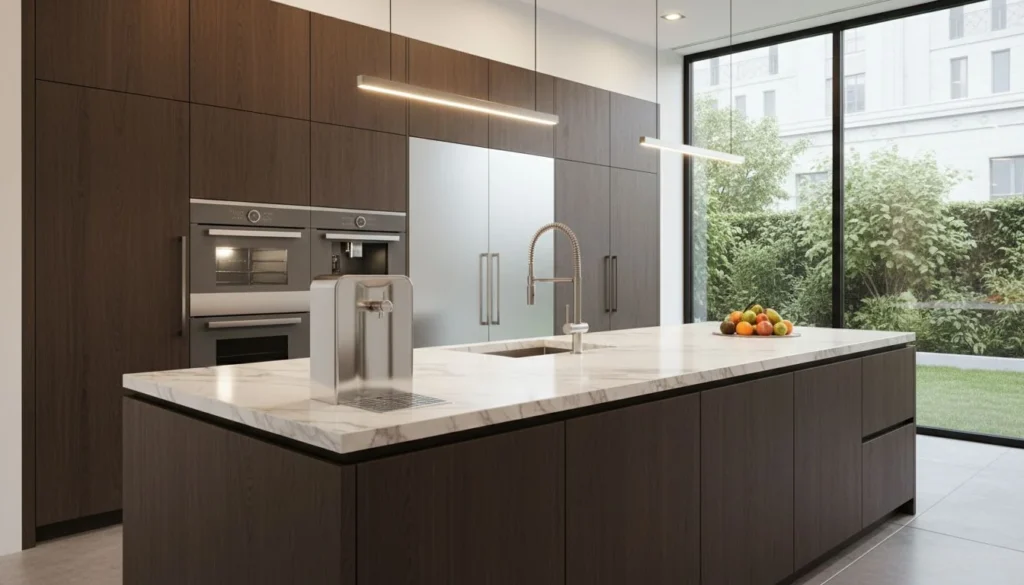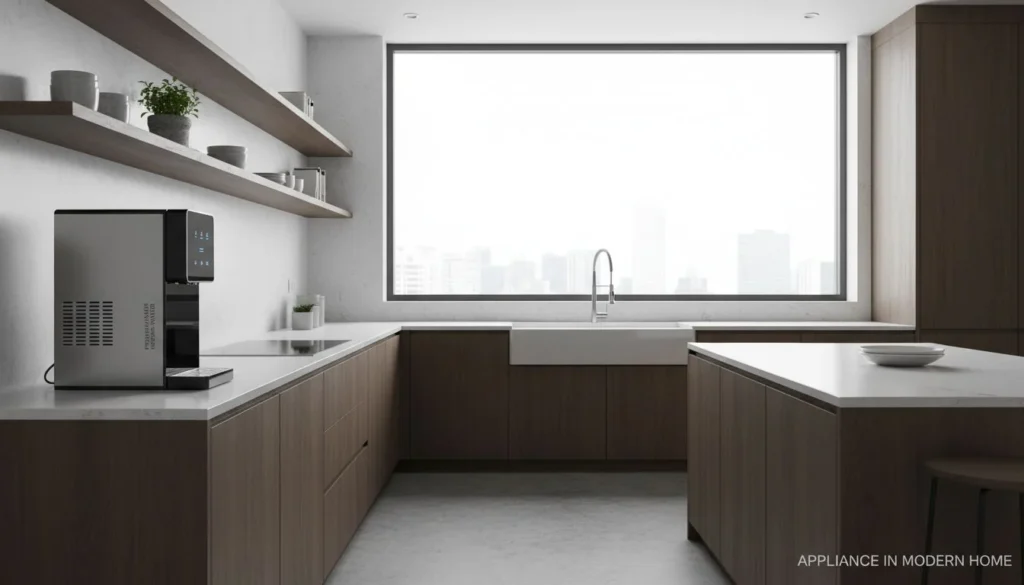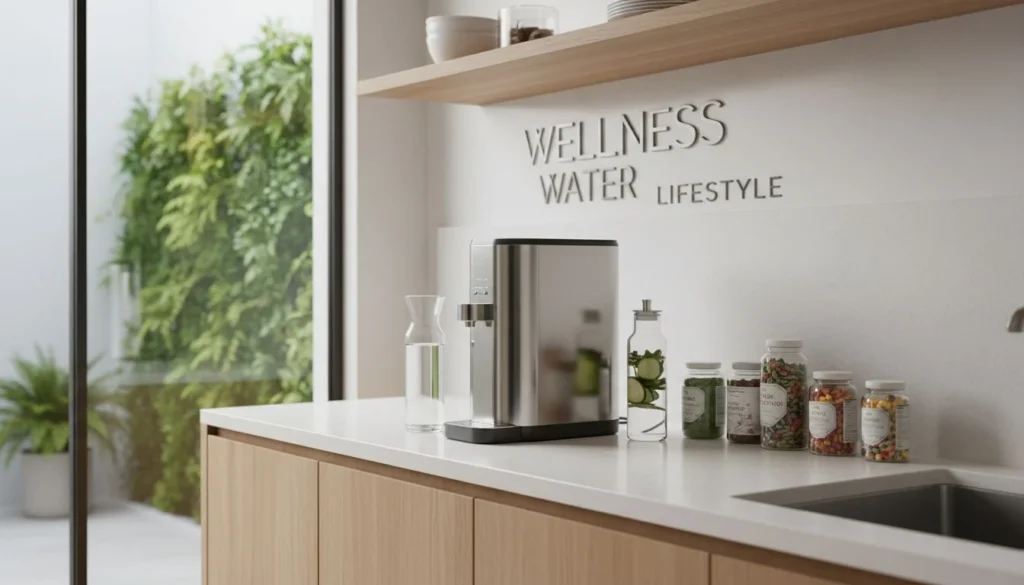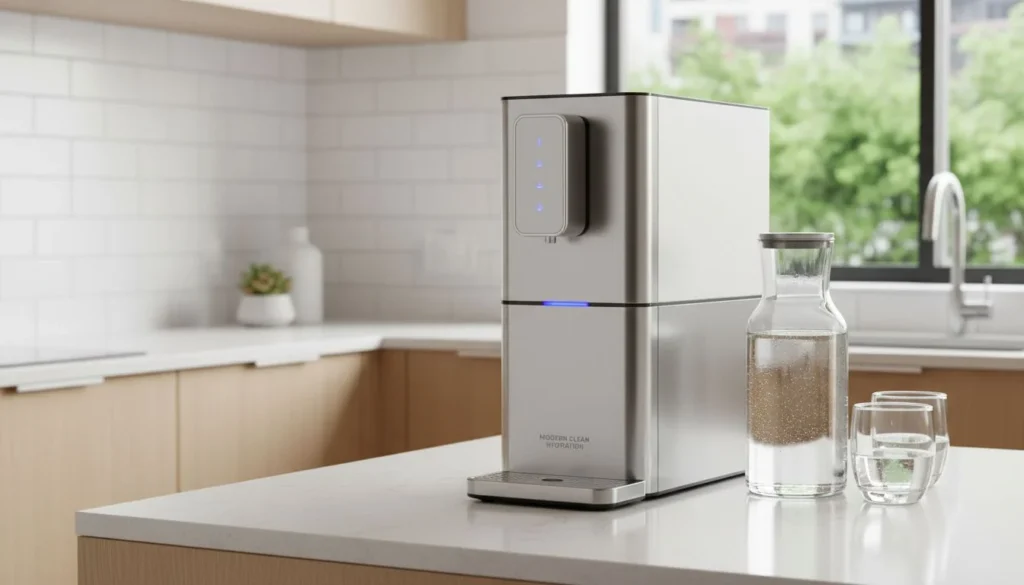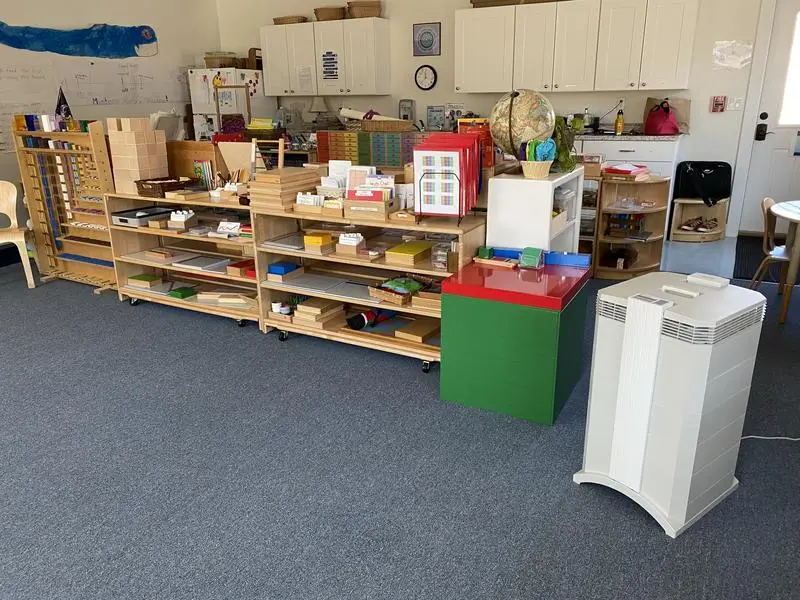
Очиститель воздуха IQ улучшает качество воздуха в учебном классе
Вы когда-нибудь смотрели на очиститель воздуха IQAir и думали, почему он так дорого стоит? Вы определенно не одиноки в этой дилемме!
Стоимость воздухоочистителей IQAir обусловлена их премиальным положением, швейцарским производством и эксклюзивными технологиями, такими как фильтрация HyperHEPA. Эти элементы повышают стоимость, отличая их от более экономичных брендов, которые часто производятся в странах с более низкими производственными затратами.
Но подождите! Прежде чем вы решите, что это просто очередной гаджет с завышенной ценой, давайте узнаем об уникальных преимуществах, которые делают IQAir уникальным вариантом для многих пользователей. Я обещаю, что в этой истории есть нечто большее, чем просто ценник.
В воздухоочистителях IQAir используется технология HyperHEPA.Правда
Фильтры HyperHEPA улавливают частицы размером до 0,003 микрона, обеспечивая превосходную фильтрацию воздуха.
Что отличает IQAir от других очистителей воздуха?
Вам интересно узнать, почему воздухоочистители IQAir являются лучшими среди остальных? Давайте разберемся в причинах.
IQAir отличает швейцарское мастерство, технология HyperHEPA и премиальное позиционирование бренда, что обеспечивает высочайшую эффективность очистки воздуха.
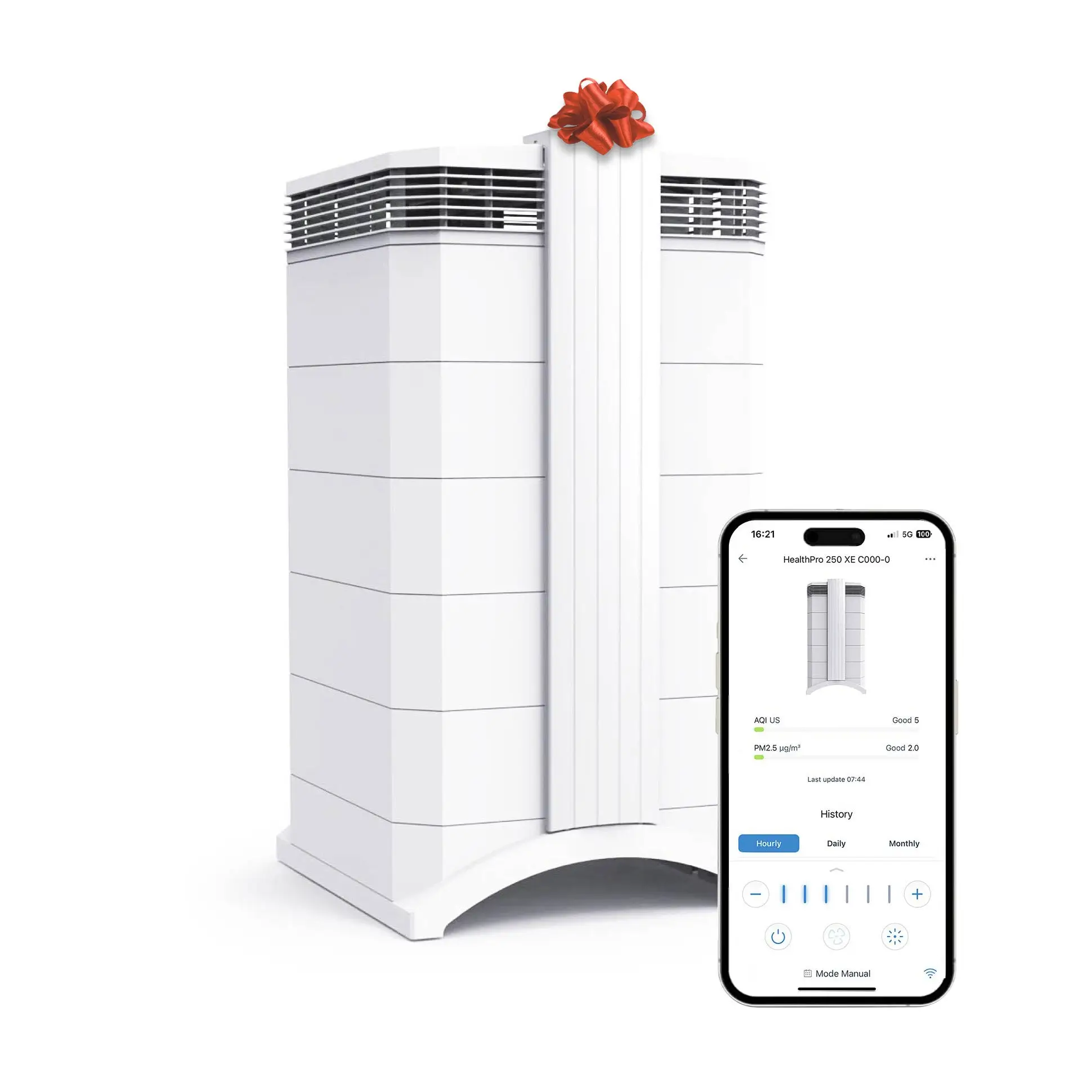
Очиститель воздуха IQAir HealthPro Plus с возможностью подключения мобильных приложений
Швейцарская точность и мастерство
Репутация компании IQAir во многом обусловлена ее швейцарскими корнями. Швейцария славится своим вниманием к деталям и точной инженерией, которая воплощается в исключительном качестве1 для продукции IQAir. Это мастерство - не просто эстетика, а создание надежных и эффективных воздухоочистителей.
Технология HyperHEPA
Одной из наиболее характерных особенностей воздухоочистителей IQAir является технология HyperHEPA. В отличие от стандартных фильтров HEPA, которые улавливают частицы размером до 0,3 микрона, фильтры HyperHEPA способны улавливать сверхтонкие частицы размером до 0,003 микрона. Это гарантирует, что воздух, которым вы дышите, не содержит даже мельчайших загрязнителей, что не встречается во многих других марках.
Позиционирование бренда премиум-класса
Компания IQAir зарекомендовала себя как бренд премиум-класса благодаря высокой производительности и эффективным маркетинговым стратегиям. Благодаря такому позиционированию, а также тому факту, что они не идут на компромисс с качеством, их продукция часто продается по более высоким ценам. Статус премиум-класса подкрепляется решением производить некоторые продукты в Германии и Швейцарии, известных более высокими производственными затратами, но и более высокими стандартами качества.
| Характеристика | IQAir | Другие бренды |
|---|---|---|
| Система фильтрации | HyperHEPA | Стандартный HEPA |
| Производство | Швейцарский/немецкий инжиниринг | Часто производятся в Китае для экономии средств |
| Позиционирование бренда | Премиум | Варьируется, чаще всего более бюджетный |
| Улавливание частиц | До 0,003 микрон | До 0,3 микрон |
Стоимость против ценности
Хотя очистители IQAir имеют более высокую цену, многие пользователи считают, что вложения оправдывают себя благодаря их непревзойденной эффективности очистки воздуха. Это особенно полезно для тех, кто страдает сильной аллергией или живет в районах с высоким уровнем загрязнения. Сочетание передовой технологии фильтрации и прочной конструкции означает, что эти очистители часто служат дольше более дешевых альтернатив, предлагая долгосрочную ценность.
Глобальные и местные производственные затраты
Место производства существенно влияет на цену. В то время как многие бренды, например Levoit, производят свои устройства в Китае, чтобы использовать надежные цепочки поставок и снизить затраты, IQAir выбирает более дорогие производственные центры, такие как Швейцария и Германия. Этот стратегический выбор способствует укреплению имиджа бренда и повышению надежности продукции, но в то же время обусловливает высокую цену.
Понимание этих аспектов помогает понять, почему IQAir выделяется среди конкурентов на рынке.
Фильтры HyperHEPA компании IQAir улавливают частицы размером до 0,003 микрона.Правда
Технология HyperHEPA улавливает сверхтонкие частицы, в отличие от стандартных фильтров HEPA.
Воздухоочистители IQAir производятся исключительно в Китае.Ложь
Продукция IQAir производится в Швейцарии и Германии, а не в Китае.
Как швейцарское производство влияет на цены IQAir?
Любопытно, как швейцарское мастерство влияет на цены воздухоочистителей IQAir? Давайте узнаем подробности.
Швейцарское производство оказывает существенное влияние на цены IQAir, способствуя повышению стоимости за счет высокого мастерства, строгих стандартов качества и зависимости от импортных компонентов.
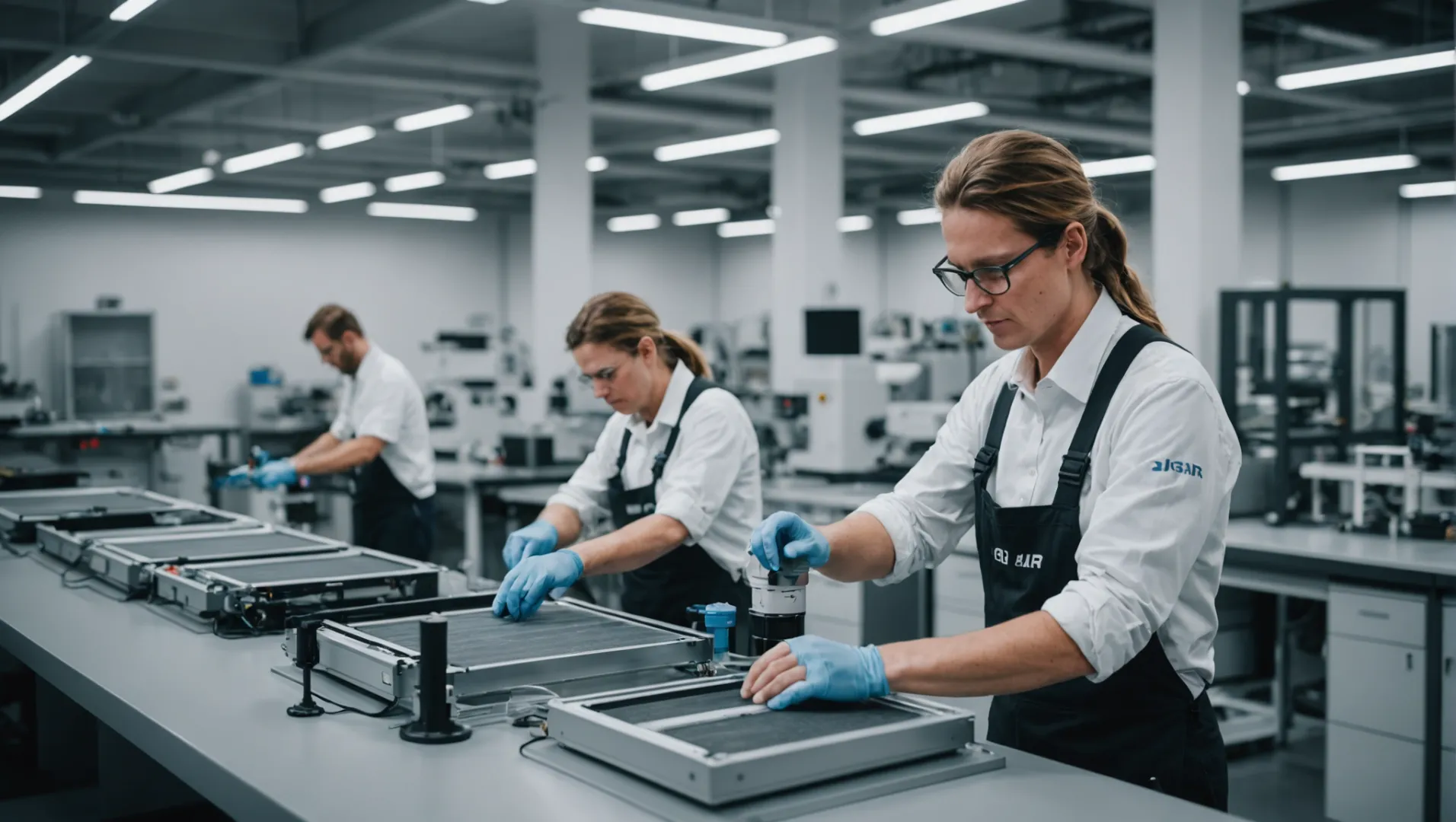
Роль швейцарского мастерства
Швейцарское производство - это синоним точности и качества, которые заложены в каждом воздухоочистителе IQAir. В отличие от серийно выпускаемых альтернатив, тщательное внимание к деталям в швейцарских производственных процессах гарантирует, что каждый прибор IQAir соответствует стандартам высокой производительности. Это стремление к совершенству обуславливает их высокую цену.
Зависимость от импорта и последствия для затрат
В Швейцарии отсутствует надежная цепочка поставок некоторых компонентов, поэтому IQAir приходится импортировать материалы, что увеличивает производственные затраты. Импортные компоненты в сочетании с более высокой стоимостью швейцарской рабочей силы повышают общую стоимость производства в Швейцарии. Например, такие бренды, как Levoit2Производители, работающие в Китае, получают выгоду от более низких затрат благодаря разветвленным цепочкам поставок в регионе.
Влияние местоположения производства на продуктовые линии
Некоторые продукты IQAir, такие как серия Atem, производятся в Германии, стране, известной своими высокими производственными стандартами и стоимостью. Это еще больше повышает их цену. Другие бренды, напротив, могут выбирать более экономичные места производства, чтобы сохранить конкурентоспособные розничные цены.
| Факторы, влияющие на стоимость | Швейцарское производство | Китайское производство |
|---|---|---|
| Расходы на оплату труда | Высокий | Низкий |
| Эффективность цепочки поставок | Ограниченный | Прочный |
| Импорт компонентов | Частые | Редкие |
Баланс между стоимостью и качеством
Швейцарское производство IQAir повышает цены, но при этом гарантирует потребителям непревзойденное качество и долговечность. Многие покупатели приходят к выводу, что инвестиции окупаются благодаря превосходной производительности и долговечности воздухоочистителей.
Понимание этих факторов помогает объяснить, почему IQAir сохраняет свою премиальную позицию на рынке, несмотря на наличие более экономичных вариантов из стран с более низкой себестоимостью. Этот баланс между стоимостью и качеством подчеркивает, почему многие потребители выбирают IQAir, несмотря на его более высокую цену.
Швейцарское производство повышает цены на IQAir из-за высокой стоимости рабочей силы.Правда
Стоимость рабочей силы в Швейцарии высока, что сказывается на общих производственных расходах.
Продукция IQAir, произведенная в Германии, стоит дешевле, чем произведенная в Швейцарии.Ложь
Как швейцарское, так и немецкое производство имеет высокую себестоимость, что одинаково влияет на цены.
Стоит ли технология HyperHEPA дополнительных затрат?
Интересно, оправдывает ли технология HyperHEPA свою премиальную цену? Узнайте о ее истинной ценности здесь.
Технология HyperHEPA обеспечивает превосходную фильтрацию воздуха, улавливая частицы меньшего размера, чем стандартные фильтры HEPA. Эта улучшенная производительность оправдывает более высокую цену для тех, кто ставит во главу угла оптимальное качество воздуха и пользу для здоровья.
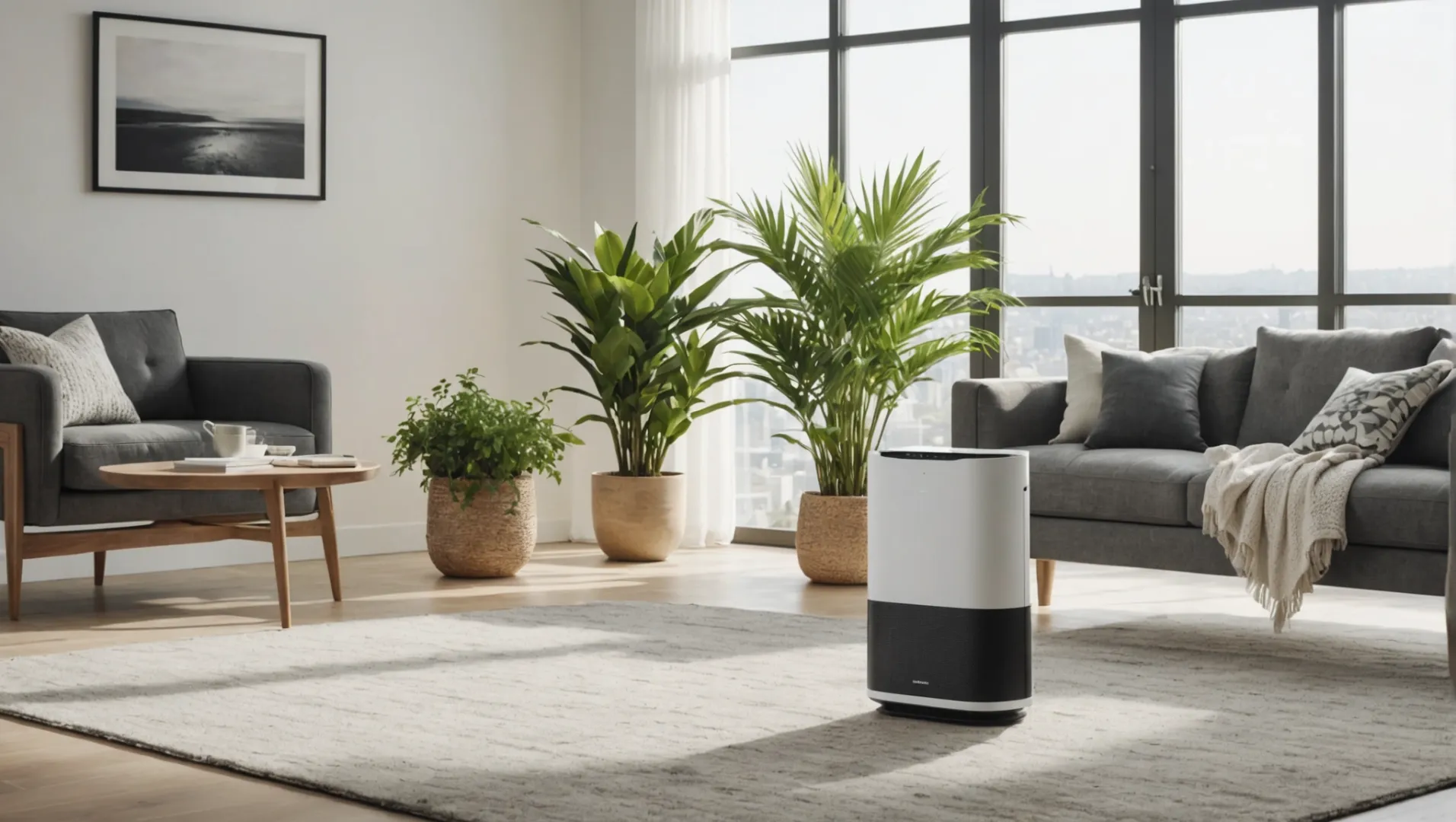
Понимание технологии HyperHEPA
Технология HyperHEPA - это шаг вперед по сравнению с традиционными HEPA-фильтрами. В то время как стандартные HEPA-фильтры улавливают частицы размером до 0,3 микрона, фильтры HyperHEPA способны задерживать сверхтонкие частицы размером до 0,003 микрона - в 100 раз меньше. Эти мельчайшие частицы, включающие вирусы и частицы продуктов сгорания, могут проникать в дыхательную систему и вызывать серьезные проблемы со здоровьем.
Преимущества такой системы фильтрации особенно важны в среде с высоким уровнем загрязнения или для людей с заболеваниями дыхательных путей. Эта возможность является явное преимущество3 по сравнению с более распространенными воздухоочистителями, которые могут пропустить эти более мелкие загрязнения.
Оценка соотношения затрат и выгод
Поначалу инвестиции в технологию HyperHEPA могут показаться дорогостоящими, но, учитывая пользу для здоровья, они могут оказаться выгодным вложением. Вот простой анализ затрат и выгод:
| Характеристика | Стандартный HEPA | HyperHEPA |
|---|---|---|
| Размер частиц (микрон) | 0.3 | 0.003 |
| Показатель эффективности | 99.97% | >99.97% |
| Частота технического обслуживания | Умеренный | Низкий |
Таблица показывает, что хотя стандартные фильтры HEPA эффективны, более высокая эффективность HyperHEPA может оказаться решающим фактором для тех, кто работает в условиях повышенного риска. Кроме того, сокращение частоты технического обслуживания может привести к долгосрочной экономии.
Сравнение с другими брендами
Такие бренды, как Levoit, в основном используют стандартные HEPA-фильтры и производят их в Китае, что позволяет им предлагать конкурентоспособные цены. Однако они не могут сравниться с технологией сверхтонкой фильтрации HyperHEPA от IQAir. Если для вас главное - цена, Levoit может быть лучшим выбором, но если для вас приоритетом является оптимальное качество воздуха, IQAir - лучший выбор.
В конечном итоге, выбор ГиперГЕПА4 зависит от личных потребностей и приоритетов. Для тех, кто готов инвестировать в улучшение здоровья и чистоту воздуха, дополнительные расходы вполне могут быть оправданы.
Фильтры HyperHEPA улавливают частицы в 100 раз меньше, чем HEPA.Правда
HyperHEPA улавливает частицы размером 0,003 микрона, в то время как HEPA - 0,3.
В воздухоочистителях Levoit используется технология HyperHEPA для сверхтонкой фильтрации.Ложь
Для фильтрации Levoit использует стандартные фильтры HEPA, а не HyperHEPA.
Как очистители воздуха IQAir сравниваются с более дешевыми альтернативами?
Изучаете очистители воздуха? Узнайте, как IQAir конкурирует с бюджетными вариантами.
Воздухоочистители IQAir превосходят более дешевые альтернативы благодаря передовым технологиям фильтрации, швейцарскому мастерству и надежности работы. В то время как бюджетные модели предлагают базовую очистку воздуха, IQAir обеспечивает превосходное улучшение качества воздуха, оправдывая свою более высокую цену.
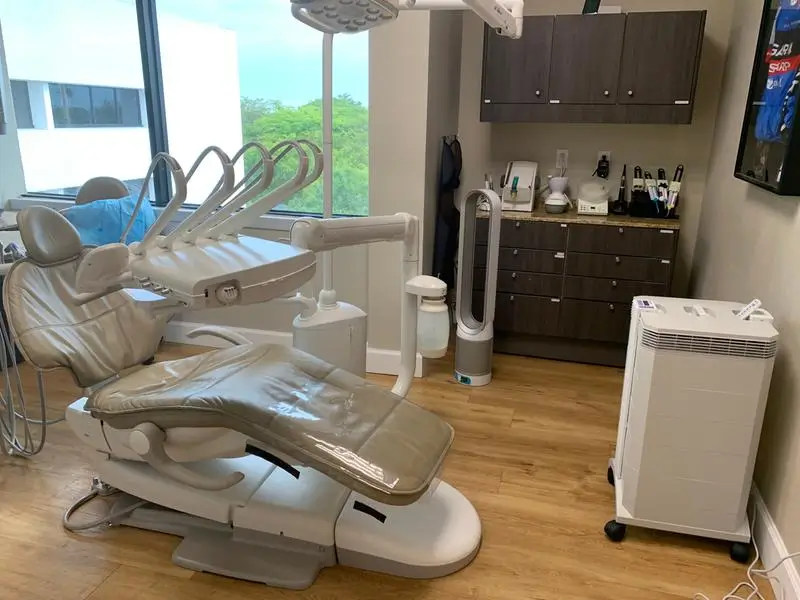
Очиститель воздуха IQ улучшает качество воздуха в стоматологической клинике
Превосходная технология фильтрации
Одно из самых значительных отличий воздухоочистителей IQAir от их более дешевых аналогов - это передовая технология фильтрации5 используется. В IQAir используется фильтр HyperHEPA, который, как известно, улавливает сверхтонкие частицы размером до 0,003 микрона с эффективностью более 99,5%. Большинство бюджетных воздухоочистителей используют стандартные HEPA-фильтры, которые улавливают частицы только до 0,3 микрона. Это означает, что IQAir может эффективно отфильтровывать вирусы, бактерии и ультратонкие частицы загрязнения, обеспечивая более чистую и здоровую окружающую среду.
Качество изготовления и сборки
Место производства значительно влияет на цену и качество воздухоочистителей. Продукция IQAir в основном производится в Швейцарии и Германии, где более высокие стандарты труда и производства. Это обеспечивает более прочную конструкцию и более длительный срок службы. И наоборот, многие более дешевые альтернативы производятся в Китае. более экономичная цепочка поставок6. В таких моделях часто идут на компромисс с материалами и долговечностью, чтобы снизить стоимость.
Производительность и надежность
При сравнении характеристик воздухоочистители IQAir неизменно демонстрируют исключительные результаты в реальных условиях. Их эффективность в снижении содержания загрязняющих веществ в воздухе не сравнится с большинством недорогих моделей. Кроме того, устройства IQAir рассчитаны на длительный срок службы, часто превосходя по своим характеристикам более дешевые приборы. Такая долговечность отчасти объясняется высококачественными компонентами, используемыми в их конструкции.
В качестве примера можно привести серию Atem от IQAir: Эти устройства, произведенные в Германии, ориентированы на очистку личного пространства и рассчитаны на длительный срок службы. С другой стороны, такие бренды, как Levoit, которые производятся в Китае, предлагают модели, которые хорошо подходят для очистки общего назначения, но им может не хватать точности фильтрации, как в моделях IQAir.
Анализ соотношения затрат и стоимости
Хотя первоначальные инвестиции в очиститель IQAir могут показаться пугающими по сравнению с бюджетными вариантами, важно учитывать их долгосрочную стоимость. Более высокая цена IQAir отражает не только превосходные технологии и качество изготовления, но и их эффективность в поддержании здорового качества воздуха в помещении в течение длительного времени.
| Аспект | IQAir | Более дешевые альтернативы |
|---|---|---|
| Технология фильтрации | HyperHEPA | Стандартный HEPA |
| Производство | Швейцария/Германия | Китай |
| Улавливание частиц | До 0,003 микрон | До 0,3 микрон |
| Долговечность | Высокий | Умеренный |
| Долголетие | Долговечный | Более короткая продолжительность жизни |
В заключение следует отметить, что если более дешевые альтернативы могут соответствовать базовым потребностям или ограничению бюджета, то расширенные возможности IQAir оправдывают его более высокую цену для тех, кто ищет бескомпромиссное качество воздуха и долговечность продукта. Понимание этих различий может помочь потребителям принять взвешенное решение, соответствующее их конкретным потребностям и приоритетам.
IQAir фильтрует частицы размером менее 0,003 микрона.Правда
Технология HyperHEPA от IQAir улавливает частицы размером до 0,003 микрона.
Более дешевые воздухоочистители служат дольше, чем модели IQAir.Ложь
Агрегаты IQAir рассчитаны на длительный срок службы и зачастую превосходят более дешевые модели.
Заключение
Высокая стоимость IQAir отражает его премиальные функции, превосходные технологии и качество изготовления. Учитывайте эти факторы, а также свои потребности и бюджет, чтобы решить, подходит ли вам этот прибор.
-
Узнайте, почему швейцарское мастерство повышает надежность IQAir: Эффективная очистка воздуха, особенно в городской или загрязненной среде, дает потребителям возможность дышать свежим воздухом. Климат-контроль. ↩
-
Узнайте о преимуществах эффективного китайского производства воздухоочистителей: Китайская цепочка поставок обеспечивает низкую стоимость воздухоочистителей.Правда. Интегрированная цепочка поставок в Китае обеспечивает экономически эффективное производство. В Китае нет ... ↩
-
Поймите, чем HyperHEPA превосходит обычную фильтрацию HEPA: Этот уровень фильтрации превосходит традиционные стандарты HEPA и позволяет фильтрам HyperHEPA удалять ультратонкие частицы, такие как вирусы ... ↩
-
Узнайте, почему HyperHEPA может стоить инвестиций в здоровье: Они заметно улучшают качество воздуха в помещении, устраняя вредные частицы, переносимые по воздуху, и потенциально уменьшая симптомы аллергии, такие как чихание, кашель ... ↩
-
Узнайте, как технология HyperHEPA эффективно улавливает сверхтонкие частицы..: Усовершенствованная технология фильтрации: Идеально подходит для критических условий! Наша запатентованная технология фильтрации HyperHEPA медицинского класса останавливает не менее 99,5% всех ... ↩
-
Узнайте о преимуществах китайской цепочки поставок в производстве электроники..: Китай является крупным игроком в мировой индустрии производства электроники, и многие компании предпочитают сотрудничать с китайскими производителями ... ↩


